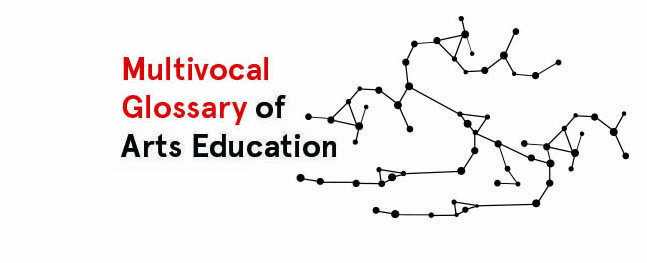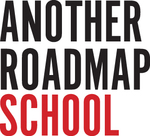
by Hewton Tavares
Understood from certain perspectives and in certain contexts, words and/or images can assume a variety of interpretations. Firstly, from a Poststructural perspective, discourses extensively represent our realities, even in ways that we may not even notice or care. Secondly, from a Postcolonial perspective, discourses are embedded into spaces and times, (re)enacting colonial relations. Overall, they tend to get (re)accommodated in accordance to well-established systems of oppression such as patriarchy, coloniality and capitalism. Based on this interconnection, I am mainly suggesting that power tends to permeate discursive formations.
There is a common danger that researchers may inadvertently face while collaboratively working from different locations and languages. Their exchange of ideas can offer a fertile ground for misinterpretations to happen, particularly when stakeholders are grounded on an assumption that everyone will understand their words and ideas in the same way that they do.
The objective of the glossary is not to enforce a hegemonic understanding of words or ideas whenever they appear throughout this initiative. In fact, it is quite the opposite. By avoiding the cannibalism of certain meanings over others, the development of this glossary deems essential to protect and foster the dialogical actions among the different working groups involved. So we can minimize problems that may be generated through the emergence of certain power imbalances potentially based on the imposition of certain ways of thinking the world. The effort to work on a glossary seems fundamental in order to advance the agenda proposed for this project, not only conceptually but also methodologically.
The proposition of the network is to continuously work on a multivocal glossary of Arts Education. Connected to the research projects and activities, research groups select terms especially relevant for analysis in relation to arts education in each context and write a glossary entry on them. These entries are discussed in videoconferences with other working groups, exploring the term or a related one in their context. Generating the glossary proposes a horizontal exchange between knowledges, that avoids enforcing the traditional privilege of european/western concepts, instead aiming at a dialogue between interlocutors situated in different locations in the global economy of knowledge. As a public resource, the resulting glossary which juxtaposes meanings and genealogies of related terms from different locations, allows shifting one’s perspectives on those understandings of arts education that have become self-evident and natural, and lays a groundwork for a better informed and more context-aware international dialogue. This initiative may prove itself valuable not only in isolated discussions around certain topics but also every single time that a certain word or idea appears again in discussions, and/or in written documents. Ultimately, this glossary should facilitate a better understanding among people who are based on different parts of the world. In this way, their geographical locations can be also taken into consideration throughout all the key dialogues originated from this project.
